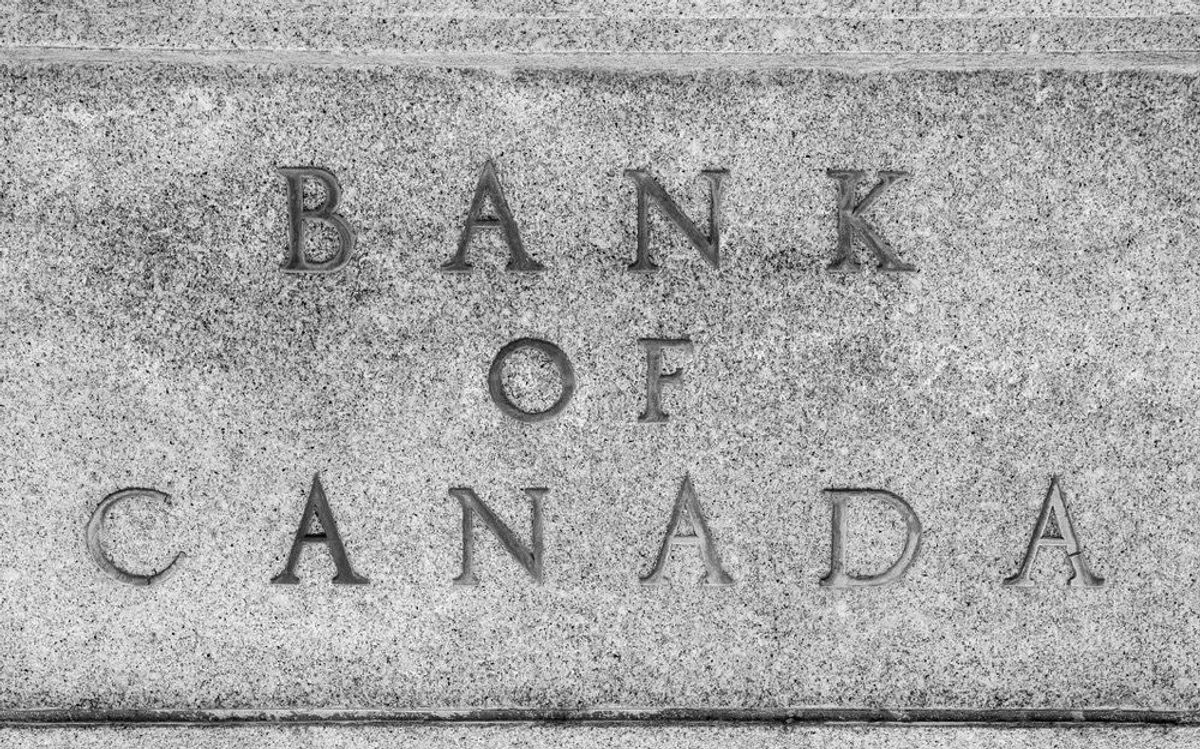A strong economy and volatile stock market are just two of the factors driving demand for commercial real estate in Canada, says a new report from RE/MAX.
In fact, the industrial sector remains the hottest segment of the market, with 11 out of 12 markets surveyed across Canada reporting tight conditions, eight of which --Vancouver, Edmonton, Calgary, Winnipeg, Ottawa, the Greater Toronto Area, Hamilton-Burlington-Niagara, and London -- are also considered challenging markets in which to find leases. In fact, in many cases, local real estate professionals are advising clients in the market for new industrial space to give themselves 18 months of search time.
While industrial space was sought after before the pandemic, the explosion of e-commerce has propelled demand to never-before-seen heights, and now Canada is benefiting from an intricate network of distribution and logistics operations. Moreover, because of stock market volatility, investors are turning to real estate, and specifically industrial, with increasing frequency, growing the country’s stock to millions of square feet.
In Metro Vancouver, Oxford Properties developed a multi-storey industrial facility in 2019 that proved so successful -- Amazon signed a long-term lease there -- a second one called Framework by Alliance Partners, which in addition to stacking units will be stratified, is planned for False Creek Flats. The latter development’s first two phases are sold out, prompting the developer to sell the third phase at $725 per sq. ft.
Office Space Remains Coveted in Vancouver
Eleven out of 12, or 92%, of markets surveyed reported tame demand for office space in their cores, the only exception being Vancouver, which has North America’s lowest office vacancy rate. However, suburban office demand has shown itself to be resilient in eight of the 12 markets, the RE/MAX report said.
Institutional and private money has been dispersed throughout Canada’s broader commercial real estate market, creating new demand for office space in addition to industrial and retail. Activity is also spilling into smaller locales from larger urban centres, and investors are closely eyeing growth trends pertaining to population and density, urban sprawl, pricing and inventory.
Moreover, as the pandemic continues fading and no lockdown threats are imminent, workers are returning to offices either full-time or in hybrid configurations, and quieter urban core office districts are poised to enliven in the months ahead. In fact, RE/MAX indicated that the next wave of growth, which includes revitalized office buildings, will be catalyzed companies’ return-to-office mandates.
Retail Was Down But Not Out
Retail is rebounding in 75% of Canada’s markets, according to the report, as operators are scooping up prime locations across Vancouver, Edmonton, Calgary, Saskatoon, Regina, Winnipeg, Hamilton-Burlington-Niagara, Toronto and Ottawa.
Foot traffic, especially as Canada moves into summer, will help retailers’ revenues, and that includes in shopping malls, many of which re being revitalized in a bid to entice shoppers to return by augmenting their experiences. According to RE/MAX, it’s already paying dividends.
However, the saturation of cannabis stores will invariably end with many businesses going under, and it will return some inventory to the market.





















